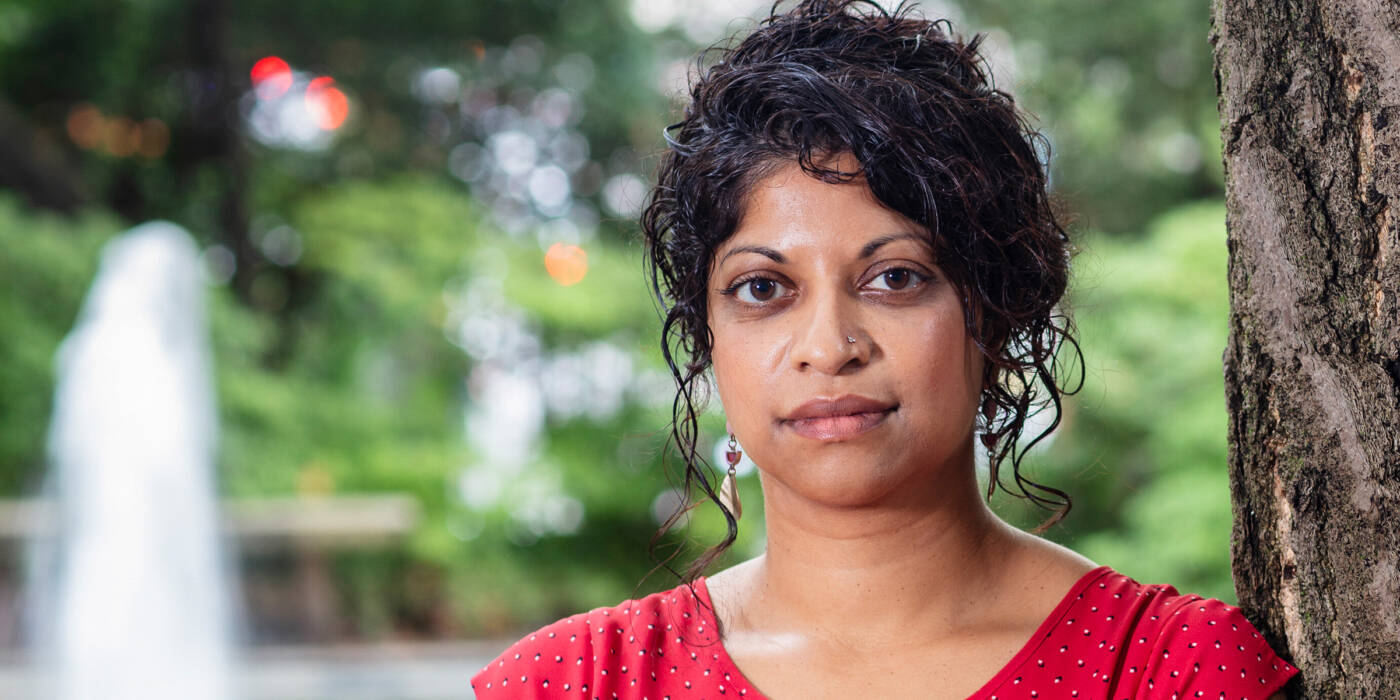Priya Rajasethupathy, M.D., Ph.D.
Jonathan M. Nelson Family Associate Professor
The ability to store and retrieve memories is an important adaptive quality that allows humans to reflect on, engage with, and respond to an ever-changing environment. The Rajasethupathy lab aims to understand the distributed nature of memories as they form, reorganize, and stabilize across the brain over time.
Research in the Rajasethupathy lab seeks to understand how the brain achieves memory. For instance, how do fleeting molecules and dynamic neural patterns succeed in converting transient external stimuli into lasting internal representations? And how do these internal representations, once formed, continuously reorganize into progressively more stable representations? The lab explores fundamental questions about the dynamic and distributed nature of memory representations in the brain from inception to progressive stabilization.
Towards these goals, the lab bridges forward genetics, cell biology, and systems neuroscience to provide cross disciplinary insights. On the one hand, they perform genetic mapping in outbred mice for unbiased discovery of the genes, cell types, and circuits relevant for memory across different timescales. In parallel, they develop and apply technologies to record high-resolution neural activity from these relevant circuits over chronic timescales in the behaving animal. Through a convergence of these approaches, they develop insight into the functional changes governing the evolution of a memory, and how this may go awry in disease.
Using these approaches, the lab recently studied a cohort of genetically diverse outbred mice and identified a single genetic locus of large effect driving substantial variability in short-term memory. Characterization of causative gene, a novel orphan brain receptor functioning in the thalamus, and in-vivo imaging across related neural circuits are providing an entry point to formulate and test new models of short-term memory.
In parallel studies on longer timescale memory, the lab is characterizing how memory representations initially form in the hippocampus over hours to days, and eventually stabilize across the brain over weeks. To form insights into this brain reorganization process, they have developed behavioral tasks to study how multimodal cues are integrated during memory formation and recall, and over time, why some memories are consolidated while others are forgotten. As mice perform these memory-guided tasks, the lab develops and applies methods to longitudinally track neural activity in brain areas that link short- and long-term memory. These and other studies in the lab are identifying a hippocampal-thalamic-cortical pathway as an important component of memory stabilization in the brain. Characterization of this pathway and overlay of molecular annotation is providing an entry point to understand brain mechanisms involving longer timescale memory.
The lab continues to combine forward genetics and targeted circuit physiology to understand memory across timescales. By studying these processes in diverse outbred and inbred rodent populations, the lab aims to contribute organizing principles for memory stabilization over time.
Rajasethupathy is a faculty member in the David Rockefeller Graduate Program and the Tri-Institutional M.D.-Ph.D. Program.
